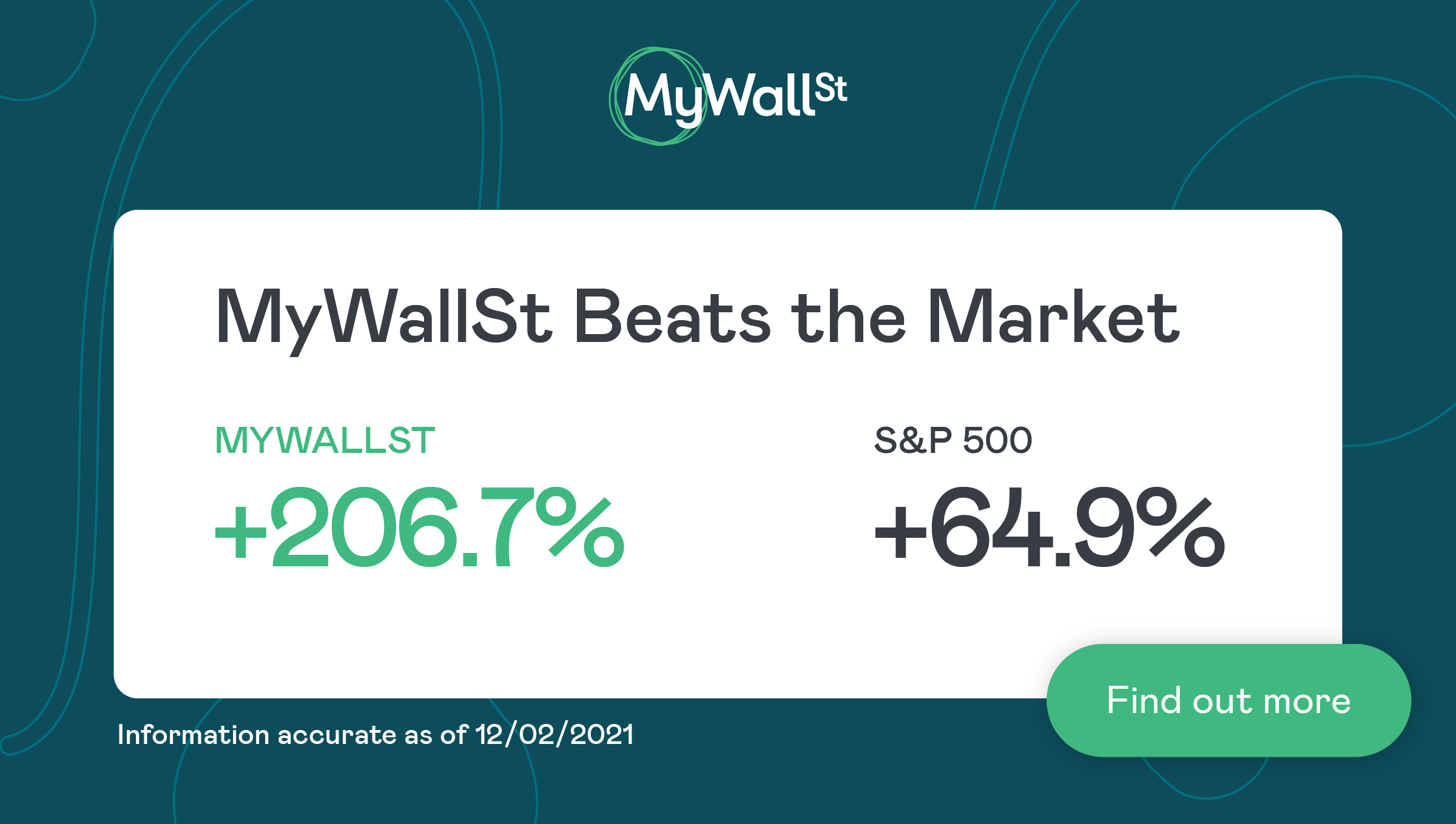Beyond Meat (NASDAQ: BYND) has proven itself to be a market disrupter as it works for an alternative meat revolution. Although still a more expensive alternative to its meat counterparts, its products are now available to buy in over 122,000 locations around the world.
Following more partnerships with some very large companies, Beyond Meat is on track to bring in some serious bang for its buck. By the general economies of scale standards, this means that Beyond Meat should soon be lowering prices as more revenue means more production, resulting in a price reduction of the product itself.
This article was originally written by MyWallSt. Read more market-beating insights from the MyWallSt team here.
This new food revolution is here to stay and the following three companies exemplify that fact, having each signed a deal with Beyond Meat in the last year alone. So how can the likes of PepsiCo (NASDAQ: PEP), Starbucks (NASDAQ: SBUX), and McDonald’s (NYSE: MCD) benefit from the addition of Beyond Meat products on their menus.
PepsiCo
Pepsi Brands include the likes of Lay’s potato chips, Quaker Oats, Tropicana juice, and Mountain Dew. In fact, Pepsi has a lot of fingers in a lot of pies, having even partnered with Yum Brands and Starbucks. So why will this new Beyond Meat partnership be any different?
Alternative meat is a new area of expansion for the likes of Pepsi and Beyond Meat. Whilst Pepsi has a huge market, it tends to focus on drinks, snacks, and cereals. Its snack businesses center mainly on chips. As research has shown, Americans are increasingly becoming more food conscious, with around 43% of the population always looking out for healthier alternatives. With this partnership, it can develop a more nutritious selection of snacks, whilst Beyond Meat has access to Pepsi’s huge distribution market.
The partnership comes as Pepsi recently committed to reducing its emissions by 40% by 2030 and net-zero emissions by 2040. By partnering with Beyond Meat it can learn about and develop new planet-friendly, carbon-neutral products to help it reach its goal.
Starbucks
Just over a year ago, Starbucks announced its intention to team up with Beyond Meat by adding ‘Beyond’ products to its Canadian Menu. Much like Pepsi, the move came after Starbucks announced a commitment to sustainability directives. With Beyond Meat offering products that have a reduced carbon footprint, and that are ethically more in line with its sustainability goals, the deal was a no-brainer.
A few months later, Beyond Meat rival, Impossible Foods was chosen to be the plant-based meat alternative for U.S. stores. Whilst missing the boat on the U.S. market with Starbucks might have been a cause for concern, it does currently have U.S. deals with Subway, Del Taco, KFC, Dunkin’ Brands, Denny’s among others.
Today Beyond Meat can be found on Starbucks’ menu in several Asian countries, in the Middle-east, and most recently in the U.K. If Dunkin Donuts’ early 2020 trend is anything to go by, Starbucks might see a rise in the average ticket price, directly linked to the inclusion of Beyond Meat products on the menu.
As pandemic-related restrictions begin to ease, the sale of Beyond products at Starbucks locations will likely increase in response, bringing in more revenue to help recover from the effects of COVID on the fast-food/cafe industry.
McDonald’s
Although slightly later to the plant-based game than rival Burger King, and other quick-service food companies, McDonald’s announced in November 2020 that it will be testing the newly developed McPlant burger which features a patty co-developed with Beyond Meat.
The McPlant burger, although mocked for its unimaginative name, is currently being trialled in Denmark and Sweden. If all goes well, the U.S.’s single largest buyer of beef could be encouraging its customers to switch to a more planet-friendly version of its burger and sandwich products. With the knowledge that 1 in 4 Americans have reduced their meat intake due to environmental concerns, this is very good publicity for a company that is linked to a multitude of environmentally damaging practices.
For Beyond Meat, this is a great development if they are kept on as a partner, thus creating a direct revenue stream. However, the two companies have been rather coy about the ongoing relationship and this could lead investors to worry that Beyond Meat might have just have helped create a new, larger competitor in the alternative meat space.
MyWallSt gives you access to over 100 market-beating stock picks and the research to back them up. Our analyst team posts daily insights, subscriber-only podcasts, and the headlines that move the market. Start your free trial now!
Continue reading for FREE
- Includes free newsletter updates, unsubscribe anytime. Privacy policy






